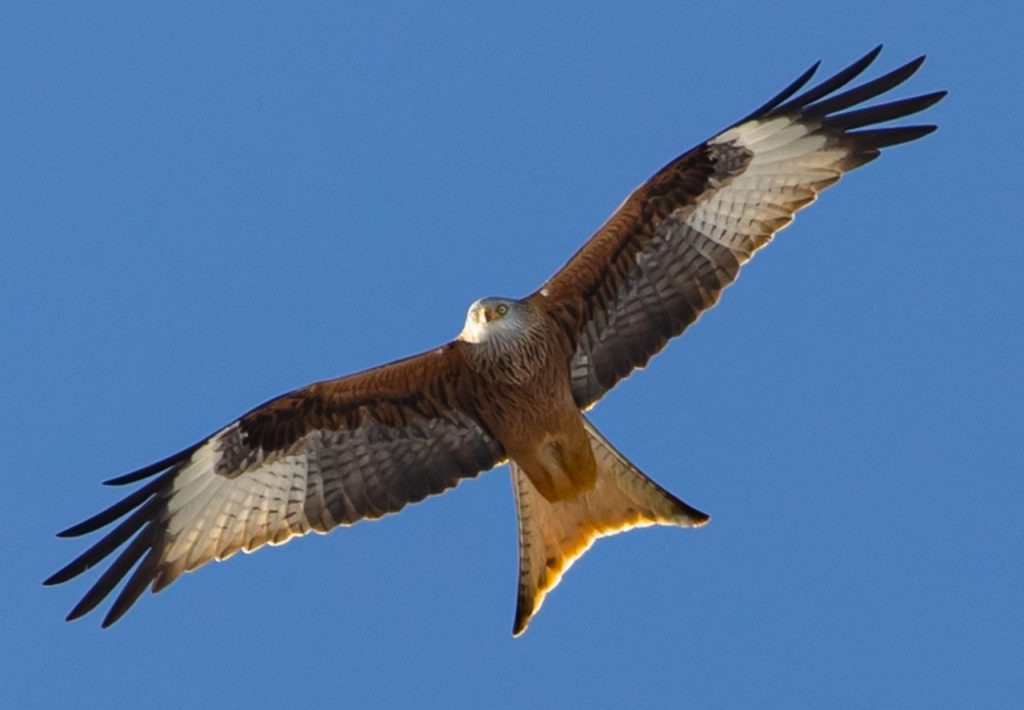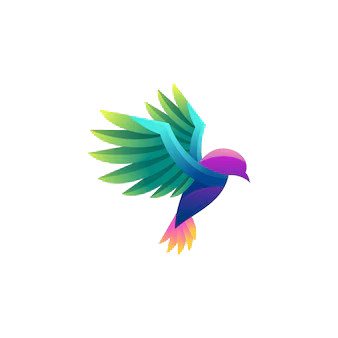
Birdwatching is inherently linked to environmental conservation. As birdwatchers, it’s crucial to practice and promote sustainable habits that protect bird populations and their habitats. Here are some ways to integrate sustainability into your birdwatching activities:
Reduce Your Carbon Footprint
- Choose Eco-friendly Travel Options: Whenever possible, opt for public transportation, carpooling, or biking to birdwatching locations to minimize carbon emissions.
- Local Birdwatching: Explore birdwatching opportunities close to home. Urban parks, nature reserves, and even your own backyard can offer rewarding birding experiences.
- Sustainable Birding Tours: If you join organized birdwatching tours, select those that prioritize eco-friendly practices and support local conservation efforts.
Support Habitat Conservation
- Participate in Local Conservation Projects: Volunteer for habitat restoration projects, such as planting native vegetation or cleaning up wetlands and shorelines.
- Advocate for Protected Areas: Support the creation and maintenance of protected areas like national parks, wildlife reserves, and bird sanctuaries.
- Promote Sustainable Land Use: Advocate for sustainable agricultural practices, urban planning, and forestry management that protect bird habitats.
Reduce Plastic Use
- Avoid Single-use Plastics: Use reusable water bottles, bags, and containers to reduce plastic waste that can harm birds and other wildlife.
- Participate in Cleanups: Join or organize local cleanup efforts to remove plastic debris from natural areas, particularly near water bodies where birds feed and nest.
Engaging Others in Birdwatching
Sharing your passion for birdwatching can inspire others to appreciate and protect birds. Here are some ways to engage others in this rewarding activity:
Introduce Friends and Family
- Host a Birdwatching Outing: Invite friends and family to join you for a birdwatching trip. Provide them with basic equipment and guidance to help them get started.
- Share Your Knowledge: Teach others how to identify common bird species and explain the importance of birds in the ecosystem.
- Encourage Participation in Citizen Science: Get your friends and family involved in citizen science projects like eBird or Project FeederWatch.
Educational Outreach
- School Programs: Offer to lead birdwatching walks or workshops at local schools. Teaching children about birds can foster a lifelong interest in nature and conservation.
- Community Events: Participate in or organize birdwatching events in your community, such as bird counts, nature walks, or bird photography exhibitions.
- Public Talks and Workshops: Give presentations or workshops at libraries, nature centers, or community groups to educate others about birdwatching and conservation.
The Joy of Birdwatching
Ultimately, birdwatching is about the joy and wonder of observing birds in their natural habitats. It offers a unique way to connect with nature, find peace, and appreciate the beauty and diversity of the avian world.
Personal Fulfillment
- Mindful Observation: Birdwatching encourages mindfulness and being present in the moment. The act of quietly observing birds can be a meditative and stress-relieving experience.
- Continuous Learning: Birdwatching offers endless opportunities for learning. From identifying new species to understanding bird behavior, there’s always something new to discover.
- Connection to Nature: Spending time in natural settings enhances our connection to the environment and fosters a sense of stewardship for the planet.
Community and Camaraderie
- Shared Passion: Birdwatching brings together people of all ages and backgrounds who share a common interest in birds. This shared passion can lead to meaningful connections and friendships.
- Collaborative Efforts: Whether participating in bird counts, conservation projects, or birdwatching clubs, working together with others enhances the birdwatching experience and contributes to larger conservation goals.
Conclusion
Birdwatching is more than just a hobby; it is a pathway to understanding and appreciating the intricate beauty of the natural world. From the joy of spotting a rare bird to the satisfaction of contributing to conservation efforts, birdwatching offers profound rewards. By practicing ethical birdwatching, supporting conservation initiatives, and sharing our passion with others, we can ensure that the wonders of the avian world are preserved for future generations. So, whether you are exploring a remote wilderness or enjoying the birds in your own backyard, remember that every moment spent observing birds is a step toward a deeper connection with nature and a commitment to protecting the environment. Happy birdwatching!
